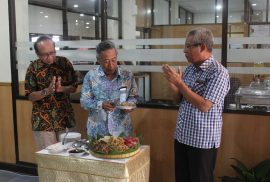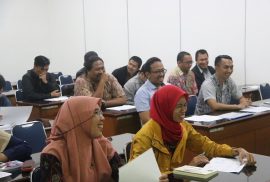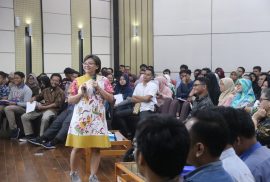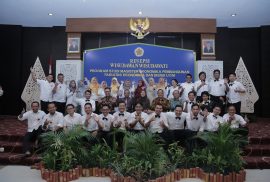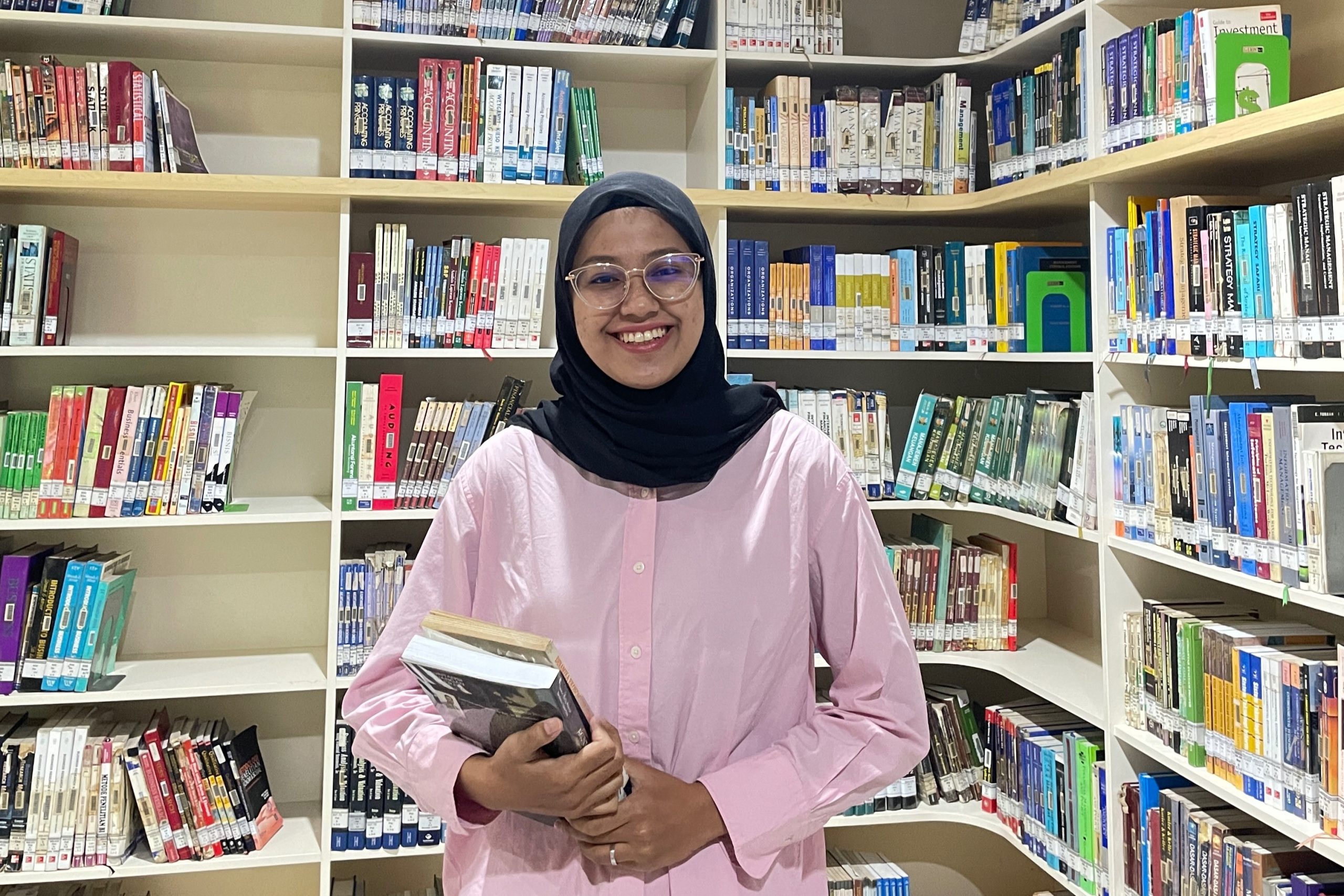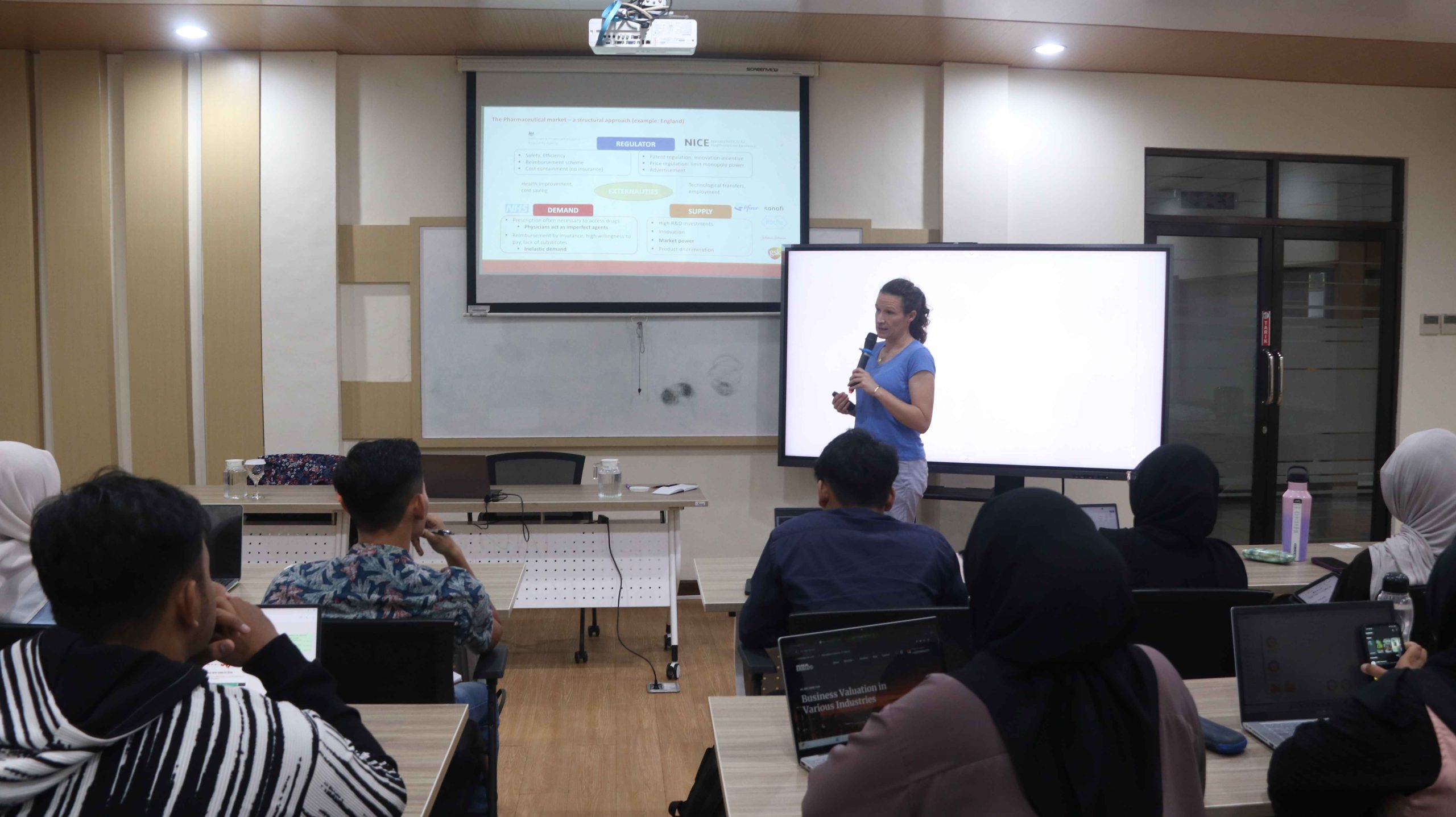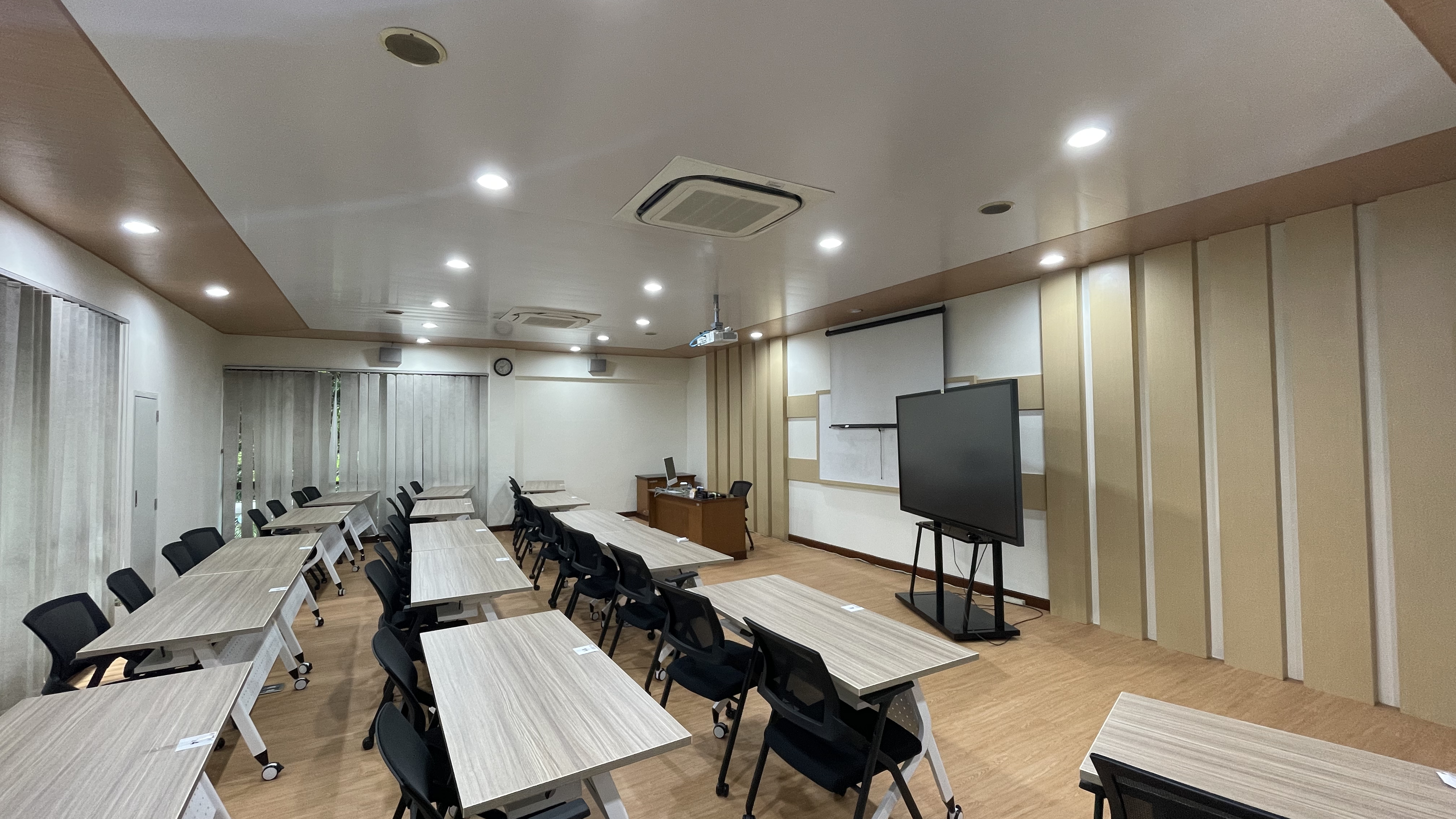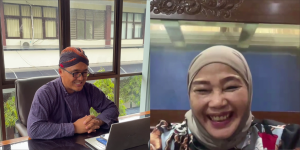General Lecture from Director General of Customs and Excise: “Role and Functions of the Directorate General of Customs and Excise (DJBC) in the Indonesian Economy”.
SLEMAN, (27/10) Globalization has changed commodity traffic system into more open. In ASEAN, the existence of ASEAN Economic Community (MEA) turns the commodity traffic system among the countries members into more flexible and free. Customs and Excise are expected to provide service to the public society in order to make all process become efficient. Moreover, generally customs and excise also take part in the economic development in this globalization era of trade and investment. Therefore, customs and excise are also having more wider and important role.
“Role and Function of the Directorate General of Customs and Excise (DJBC) in the Indonesian Economy” was theme selected by the Director General of Customs and Excise, Mr. Heru Pambudi. This General Lecture was mainly aimed for the students from Ministry of Finance (MoF) in MEP and MAKSI FEB UGM. “Indonesia should be the player in the country, don’t depend to the other country,” said Heru Pambudi. “After the establishing warehouse in Cikarang, other countries start to establish their warehouse in Indonesia. There are inventory valued for 910 trillion within the latest 1,5 years. It indicates that Indonesia is potential as International trading center” he added.
The general lecture was held in Mubyarto Auditorium of MEP FEB UGM. Heru presented DJCB’s strategic function as trade & industrial facilitator, protector of society and border. Due to the important role of DJBC, the students from MoF particularly Directorate General of Tax and Directorate General of Customs and Excise were expected to make innovation so the taxes and customs excise can contribute more to the Indonesia’s sovereignty and betterment.
In his slide, Heru also explained that Indonesia is standby for narcotics. The narcotics users had achieved 2% from Indonesian total population. For instance, there were 60 tons narcotics entered in Indonesia, yet there were only 10 tons under control of National Narcotics Agency (BNN), Excise, and Police, the rest of 50 tons spread over Indonesia. “In solving narcotics’ problem, Indonesia can’t depend only to BNN, Excise and Police, yet the support from all society elements are essential,” he emphasized.

